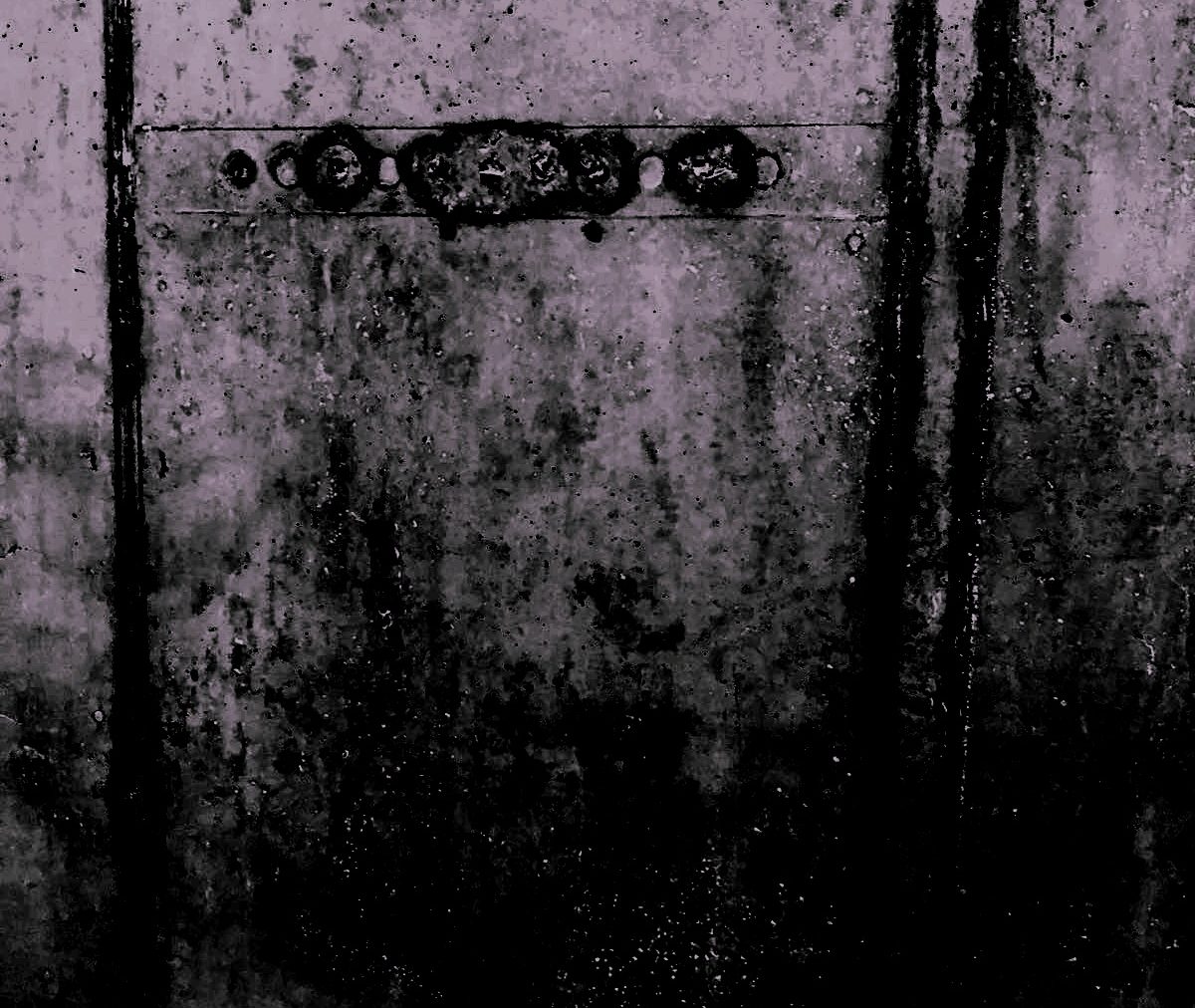Perhaps this is where any existential thinking-philosophizing begins. Perhaps this is the path through which every existential thinking-philosophizing keeps passing. Yet there is always the feeling that time is suspended in this juncture, the feeling that no one has ever passed and that there are no beginnings here. Sartre speaks of this blurring loss in Nausea.
It is always the moment in which the world decides to distance itself from oneself and leaves one behind, it is always this moment when time suspends itself; this is the moment of which Sartre speaks.
Antoine Roquentin, the fictional main character, speaks of an abrupt discontinuity appearing suddenly between him and the world. The relation, which he thinks he has secured with the world, suspends itself suddenly and thus violently places him face to face with the juncture, from out of which any existential thinking-philosophizing must arise, through which every existential thinking-philosophizing constantly passes.
That which links Roquentin together with the world has suddenly escaped and disappeared and now everything seems strange, obscure, and dim; Roquentin’s relations with things, with other people, with everything. That which follows is a feeling of disgust toward the world.
The breaking up of this relation between oneself and the world delivers into existential thinking-philosophizing; existential thinking-philosophizing emerges from the dissolution of the security of existing. In this dissolving of certainty, existence shows its face, its hollowed-out non-face.
Existence showing itself as what it is
In Nausea, Sartre describes an event in which existence shows its face to us. He says that this showing, this rendering seen, disrupts our relations; it disrupts everything. To this event of catching sight of the face of existence belongs a loss as a consequence of this glimpsing. Language loses its power, its words, and itself.
In its showing of itself, existence hollows language of itself. That which remains is only the derivatives of what has revealed its very self, that is, existence. Roquentin says that he exists and that existence surrounds him, yet he cannot name the things making up the world. There is no word, no name, extending itself toward and into the things of the world and holding them within its own letters: “Things are divorced from their names.”
The world distances itself from oneself as soon as existence shows itself to oneself. This loss is the origin of any existential thinking-philosophizing. That which brings one face to face with existence is never decided, known, or expected. Yet after this encounter with existence, nothing remains the same.
The revealing of existence of its face takes away language and meaning from the world. Roquentin radicalizes this glimpsing of the face of existence further when he says that “I was the root of the chestnut tree. Or rather I was entirely conscious of its existence. Still detached from it — since I was conscious of it — yet lost in it, nothing but it”.
This means that the boundaries separating the self from the things of the world become blurred and obscure as soon as this glimpsing of the face of existence in its “gross nakedness” takes place.
“Now when I say ‘I,’ it seems hollow to me. I can’t manage to feel myself very well, I am so forgotten. The only real thing left in me is existence which feels it exists”
Jean-Paul Sartre, Nausea
What Roquentin experiences here is the loss of his “I” and with it his own self. Nausea describes a loss occurring on different levels at the same time. This loss is an abyss into which the world and the self are drawn, disintegrated and falling apart after encountering existence.
The face of existence is the meaninglessness lying at the heart of existing, the nothingness gathering itself, and is already gathered, into the core of being. Perhaps not everyone encounters the same existence, the same face, the same hollowed-out face, the non-face, for there is always a possibility of fleeing from this sudden disappearing of meaning into our illusions. Sartre’s Nausea brings us face to face with this juncture, this choice.
For more articles on Sartre’s philosophy, visit this webpage. For more articles on existentialism, visit this webpage.

